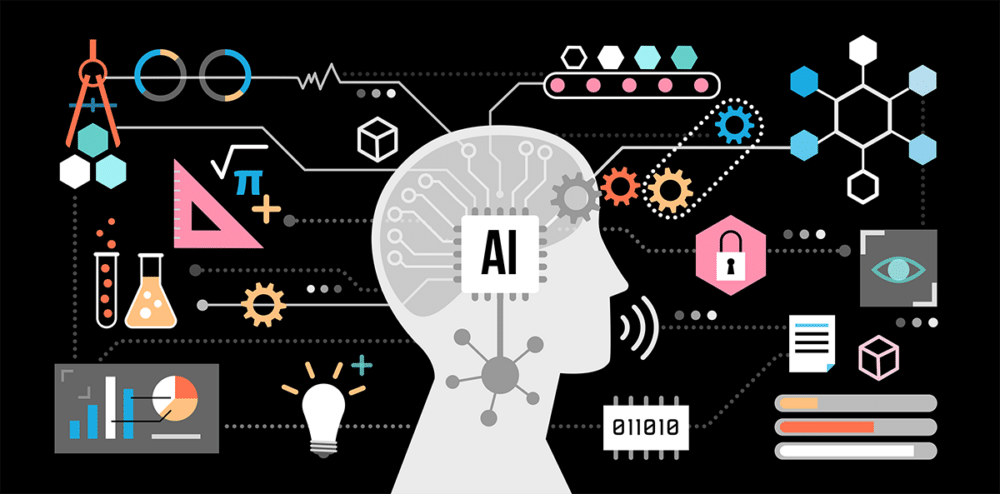This article originally appeared in The Tennessean.
“I’ve been driving down this dusty road, With the wind in my hair and my heart full of hope, I’ve got my music blasting and my windows down, feelin’ free and wild, like a country hound.”
There are a lot of people who come to Nashville to chase their dream of penning the next great country song. Spend just one night listening to writers in the round at The Bluebird Cafe and you will see the incredible level of talent that Music City has to offer.
But somehow as a Nashville native I missed the creativity boat. As a software developer by trade, I’m OK when it comes to thinking logically. But when it comes to imagination, doing something like writing a song has always been way out of my reach.
Until this past weekend that is.
I got on a roll.
With lyrics like “Sipping on sweet tea and dreaming of a small-town love” and “I’ll keep on truckin’ down this dusty old road, chasing my dreams and my cowboy code” I began to think maybe I’d picked the wrong career.
With my talented writing partner, an artificial intelligence (AI) bot named “ChatGPT,” writing a country song suddenly became possible for even a creatively challenged tech guy like me.
If you haven’t already checked it out, ChatGPT has gone viral. Just as easy to use as Google, users can simply type in anything from “write a country song” to “write a poem for my beautiful wife” and seconds later ChatGPT will respond with very human like results.
It represents the next step in bringing artificial intelligence to the masses as ChatGPT teaches itself to become an expert in every topic imaginable, all while communicating in a way that makes it almost indistinguishable from a real person.
Cool or terrifying?
It’s hard to tell. Like any technology, whether AI is a net gain or net loss for society depends on how we humans choose to use it.
On the positive side, advancements in AI can do things like help doctors to diagnose illnesses or help scientists combat climate change.
But on the negative side, AI threatens to replace tasks that are inherently human.
Whether it’s creating art (like a great country song) or writing a college paper, with computing power no human mind can ever hope to compete with, AI bots like ChatGPT can be used in all kinds of nefarious ways.
And even the efficiencies AI is sure to create come with a downside. Imagine a world where anyone from a lawyer, to an accountant, to a therapist can be replaced by an AI bot.
To put things in perspective, AI bots are good but not yet great. When I presented my country song lyrics (by ChatGPT) to a songwriter friend, he immediately told me to start over. Nevertheless, anyone who spends just a few minutes playing with ChatGPT can see its potential.
So, how can we thoughtfully prepare for the impact of AI? Just like with many disruptive technologies, there are no easy answers.
I decided to pose that very question to ChatGPT to see what it thinks. Its response was actually pretty good and it answered the question 1,000 times faster than I could on my own.
Develop and implement ethical guidelines for AI development and use.
- Create transparency and explainability in AI systems, so that their decision-making processes can be understood and trusted.
- Establish regulations and oversight for the development and deployment of AI.
